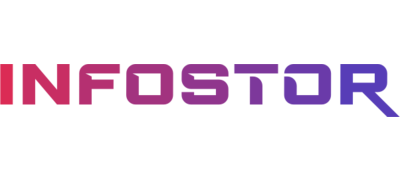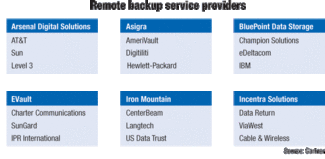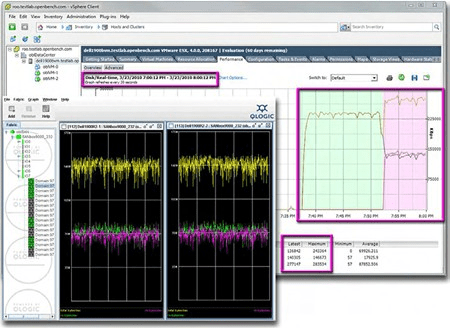Nimbus Data Systems today announced the Breeze Hybrid series of IP storage subsystems and software. The systems can be considered hybrids for a number of reasons because they
- Combine block-level SAN (iSCSI) and file-level NAS (CIFS and NFS);
- Combine 10Gbps Ethernet (10GbE) and Gigabit Ethernet connections; and
- Enable storage tiering with SAS and/or SATA drives, as well as high-speed “Tier 0” solid-state disks (SSDs).
The Breeze Hybrid, or H-series, subsystems are available in two configurations. The VH630 is designed primarily for server virtualization environments (including VMware, Hyper-V, and Xen), and the MH860 is designed primarily for large-scale rich content applications. Both are based on Nimbus’ HALO operating system.
The multi-protocol (iSCSI, CIFS, NFS) combination of SAN and NAS in a single system eliminates the need for iSCSI users to purchases separate NAS systems or gateways to combine the two technologies, according to Tom Isakovich, Nimbus’ CEO.
The combination of 10GbE and Gigabit Ethernet ports enables an aggregate bandwidth of 74Gbps.
SSD drives, implemented in 32GB or 64GB SLC NAND flash memory, are included with each array, and users can mix-and-match 15,000rpm SAS, 10,000rpm SAS and SATA drives in the same enclosure. Additional capacity can be added on an “as-you-grow” basis via SAS links.
The company also claims lower power consumption relative to separate SAN and NAS systems—;19 watts per managed terabyte.
HALO-based software includes virtualization and data-protection applications such as synchronous and asynchronous replication—with no additional licensing charges.
Pricing for a Breeze VH630 with all software, 22TB of capacity, and 32GB of mirrored SSD capacity starts at slightly less than $75,000. A Breeze MH860 with all software, 34TB of disk capacity, and 64GB of mirrored SSD capacity is priced from less than $120,000.
Features that are common to both models include two 10GbE ports, four Gigabit Ethernet ports, four SAS ports, and eight processor cores.
Nimbus is positioning its systems against clustered IP storage subsystems and stand-alone NAS systems/gateways, and vendors such as Dell EqualLogic, LeftHand Networks, and NetApp.



